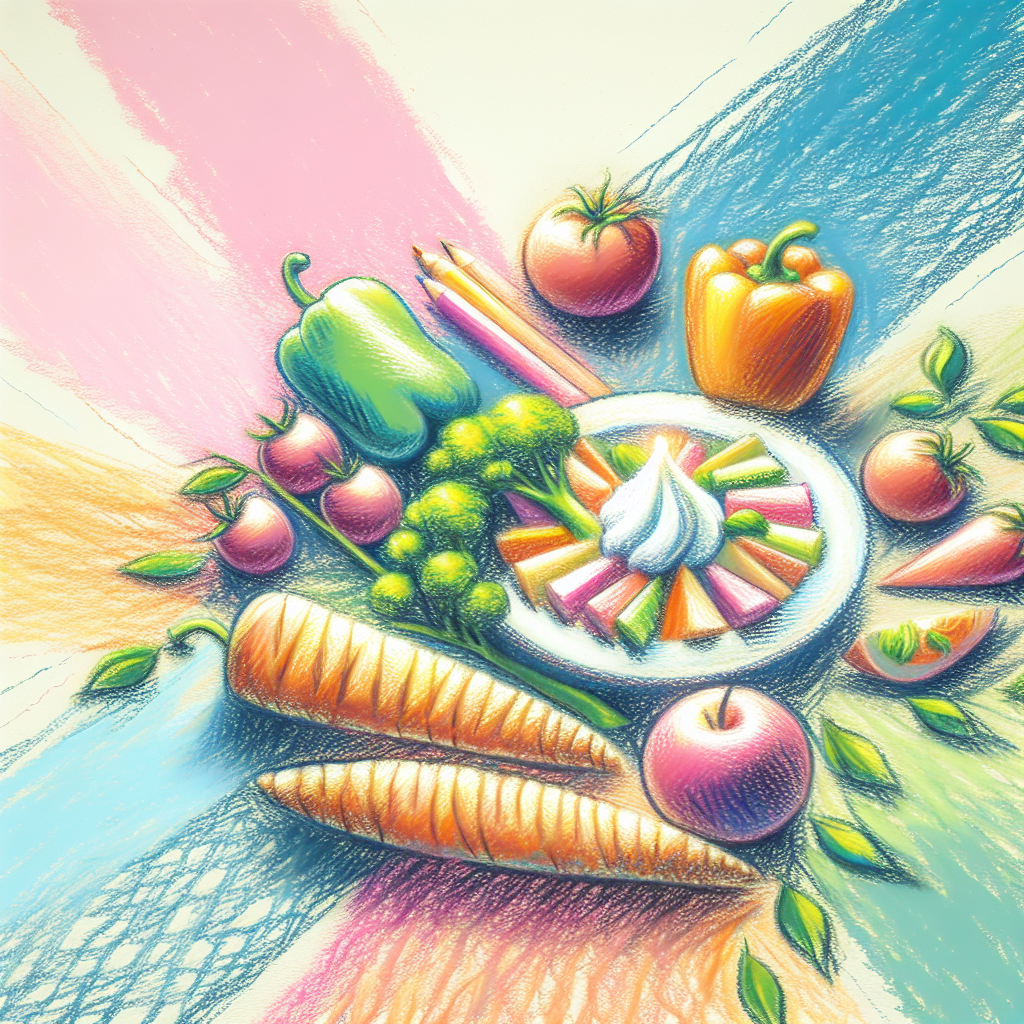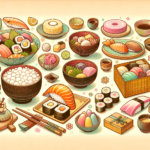Savoring the Spiritual Essence: The Intersection of Food and Faith in Japan
Japan is a unique nation where culinary traditions and religious beliefs intricately intertwine. Food is not merely a means of nourishment; it serves as a medium for spiritual rituals and a vehicle for communication. This text delves into the profound relationship between food and faith in Japan, inviting readers to explore and savor the essence of Japanese culture.
Japanese Culinary Culture and Religious Background
Japan’s culinary landscape is rich in diversity, reflected in the regional and seasonal dishes available throughout the country. However, these culinary practices are deeply rooted in Buddhism and Shinto, two principal religions in Japan. The influence of Buddhism is particularly significant in the rise of vegetarianism and the development of shojin ryori—a style of cooking that avoids animal products and relies solely on plant-based ingredients. This culinary practice aligns with Buddhism’s core teaching of valuing the life of all living beings.
In Shinto, food holds a sacred significance as it is closely associated with offerings to the deities and rituals. In Japan’s agricultural society, rice plays a central role, with special dishes prepared for ceremonies that pray for a bountiful harvest. This illustrates that food holds spiritual and holy meanings, showcasing the connection between nourishment and the divine.
Experiencing Spirituality Through Cuisine
Dining is often perceived as a routine act in daily life; however, it is a spiritual experience in Japan. The process of preparing and sharing meals is imbued with significance. For example, when making onigiri, the act of shaping the rice ball becomes a gesture filled with thought and intention, expressing gratitude and love towards others. The appreciation for ingredients, the mindful cooking process, and the shared dining experience contribute to a profound sense of spiritual fulfillment inherent in Japanese culinary traditions.
Moreover, the dining table serves as a space for forging new relationships. Eating together with family and friends fosters emotional connections and deepens bonds. Events like communal shojin ryori shared among monks or meals during festivals at shrines transcend mere sustenance and become vital rituals that uphold community and tradition.
Spiritual Depth Afforded by Regional Ingredients
Every region in Japan boasts unique ingredients and traditional dishes, each reflecting the local environment and culture. The spirituality of food culture is shaped by these ingredients—whether it be the fresh seafood of Hokkaido, the citrus fruits of Shikoku, or the pork dishes of Okinawa—showcasing a harmonious relationship between people and nature, accompanied by a sense of gratitude.
Through these regional ingredients, one can experience the spirituality and cultural significance of a place. Traditional dishes utilizing local characteristics convey the history and beliefs of the community. Each choice of ingredient, cooking method, and presentation carries deep meaning, enhancing the connection between food and place.
Conclusion: Deepening the Connection Between Food and Faith
The culinary culture of Japan is not just about satisfying hunger; it encompasses the essence of a spiritual experience. The appreciation and love expressed through food, combined with the distinct traits of local cuisine, serve as a reminder of essential values that may often be overlooked in our daily lives. By cherishing the thoughts imbued in each dish and savoring every bite, one can cultivate a sense of inner richness.
In Japan, food and faith are intricately linked. By considering both elements, we can gain a deeper understanding and appreciation of this relationship. Enjoying this interplay allows us to embark on a spiritual journey through the act of eating. So, the next meal is an opportunity not just for sustenance, but for a moment of heartfelt exploration—why not indulge in this experience?


